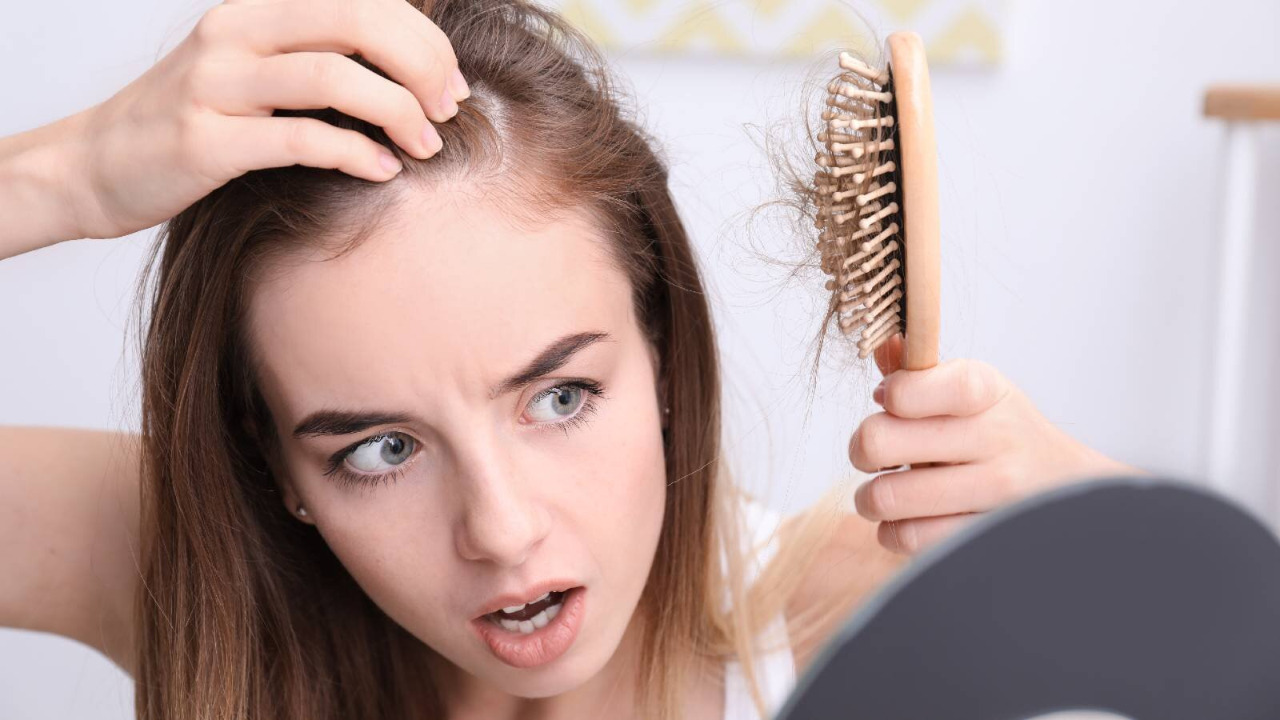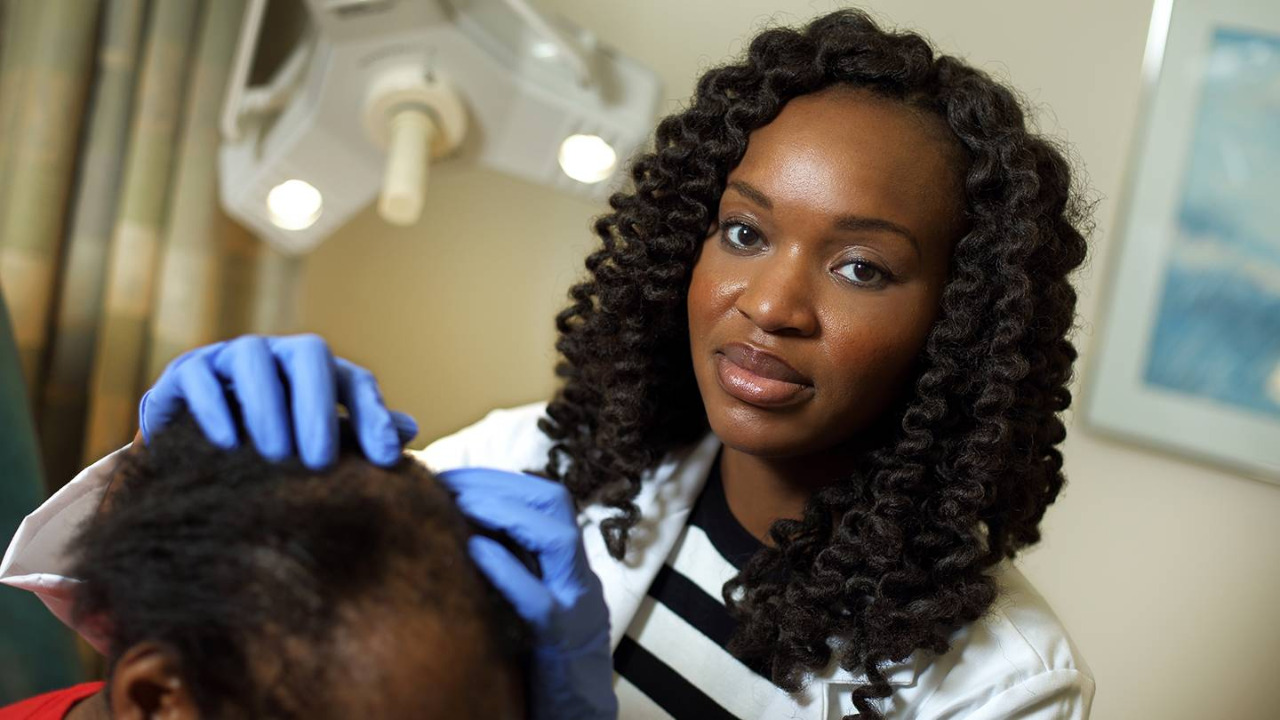Hair loss is a common problem that affects both men and women. While it is more commonly associated with men, hair loss in women can also be a significant concern. Understanding the causes, treatment options, and preventive measures can help women address this issue effectively.
Causes of Hair Loss in Women

Hormonal Factors:
Hormonal imbalances, such as changes in estrogen and progesterone levels during pregnancy, childbirth, or menopause, can lead to hair loss in women. Conditions like polycystic ovary syndrome (PCOS) can also contribute to hormonal imbalances and subsequent hair loss. Supplements for women can cope with this issue. Click here for more information.
Genetics:
Family history plays a significant role in hair loss. Female pattern hair loss (androgenetic alopecia) is a hereditary condition that can cause thinning of the hair, particularly in the crown area.
Medical Conditions:
Certain medical conditions can contribute to hair loss in women. These include thyroid disorders, autoimmune diseases (such as alopecia areata), scalp infections, and nutritional deficiencies (e.g., iron, zinc, and biotin deficiencies).
Stress and Lifestyle Factors:
High levels of stress, unhealthy dietary habits, inadequate sleep, and excessive hairstyling practices (e.g., tight hairstyles and frequent use of heat styling tools) can weaken the hair follicles and lead to hair loss.
Treatment Options for Hair Loss in Women

Medications:
Prescription medications like minoxidil (Rogaine) and finasteride (Propecia) can be effective in treating female pattern hair loss. These medications help promote hair regrowth and slow down further hair loss.
Hormone Therapy:
Hormone therapy, such as the use of oral contraceptives or hormone replacement therapy, may be recommended to address hair loss caused by hormonal imbalances. These treatments help regulate hormone levels and reduce hair loss.
Platelet-Rich Plasma (PRP) Therapy:
Platelet-Rich Plasma (PRP) Therapy, a cutting-edge treatment, utilizes the infusion of the patient’s own platelet-rich plasma into the scalp. By fostering cell regeneration and enhancing blood circulation to the hair follicles, this innovative procedure effectively stimulates hair growth.
Hair Transplantation:
In severe cases of hair loss, hair transplantation procedures like follicular unit extraction (FUE) or follicular unit transplantation (FUT) can be considered. These surgeries involve transplanting healthy hair follicles from one area of the scalp to the thinning or balding areas.
Prevention of Hair Loss in Women

Maintain a Healthy Lifestyle:
Adopting a healthy lifestyle can help prevent hair loss. This includes eating a balanced diet rich in essential nutrients, exercising regularly, managing stress levels, and getting enough sleep.
Avoid Excessive Hairstyling:
Limit the use of heat styling tools, tight hairstyles, and chemical treatments, as they can damage the hair and weaken the follicles. Opt for gentle styling methods and avoid hairstyles that pull the hair tightly.
Treat Underlying Medical Conditions:
Seek medical attention for any underlying medical conditions, such as thyroid disorders or scalp infections, as treating these conditions can help prevent hair loss.
Use Hair Care Products Wisely:
Choose hair care products that are gentle and suitable for your hair type. Avoid harsh chemicals and excessive use of hair products, as they can cause damage and contribute to hair loss.
Conclusion
Hair loss in women can have various causes, ranging from hormonal imbalances to genetic factors and lifestyle choices. By understanding the underlying causes, exploring appropriate treatment options, and implementing preventive measures, women can effectively manage hair loss and promote healthy hair growth. Seeking professional advice from dermatologists or hair specialists can provide personalized guidance and ensure the best possible outcomes.